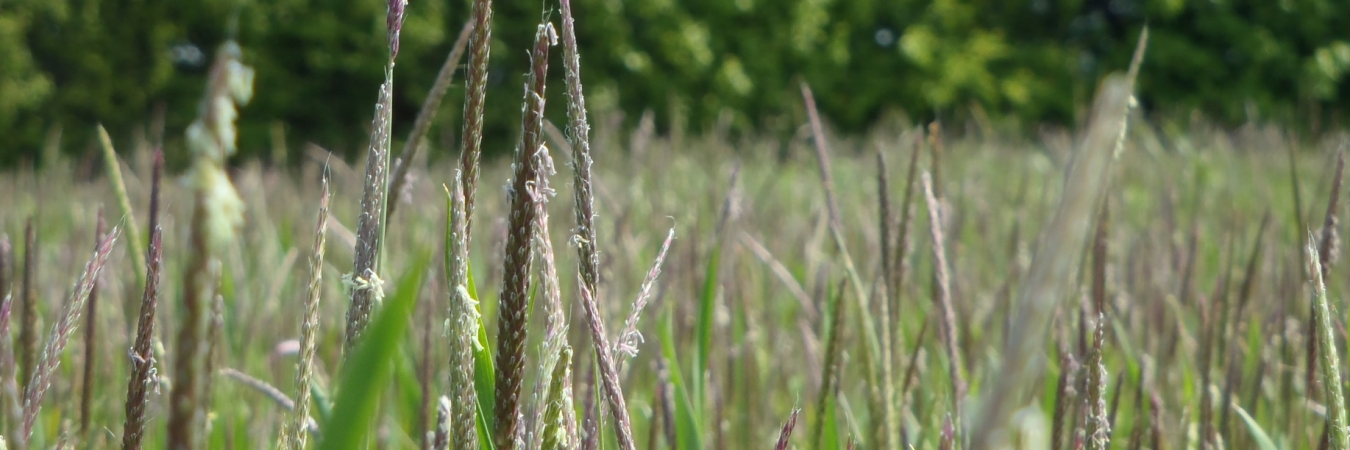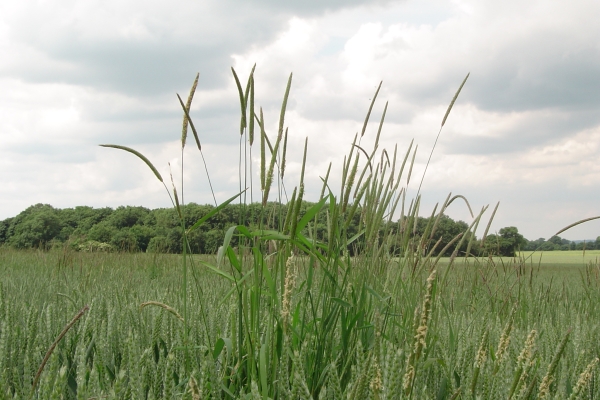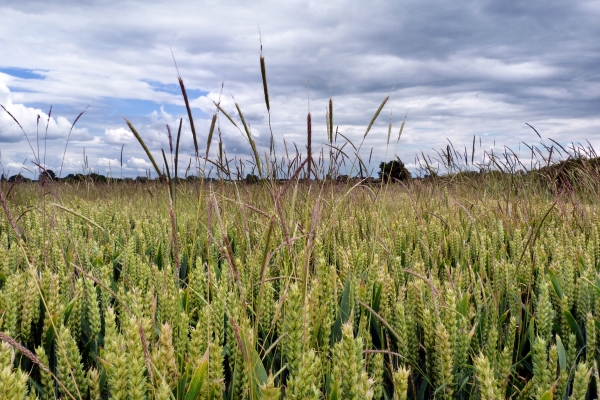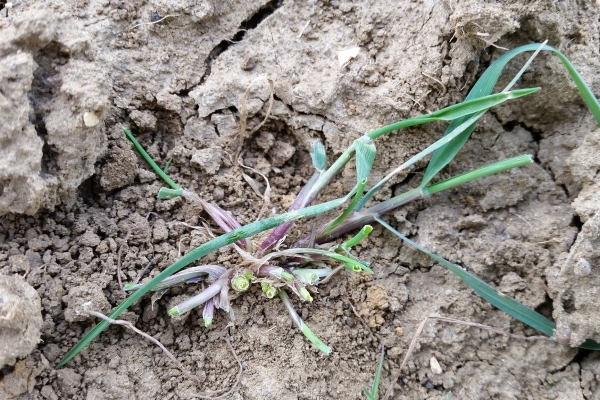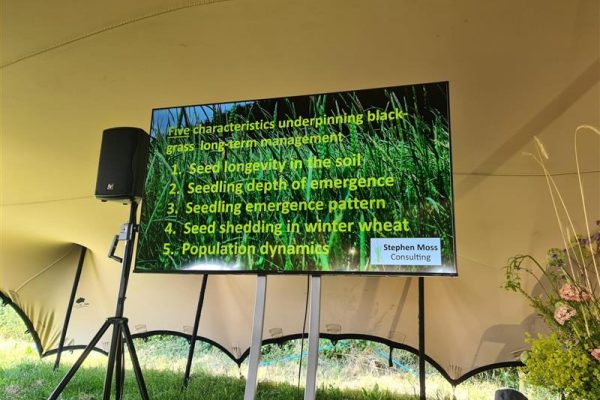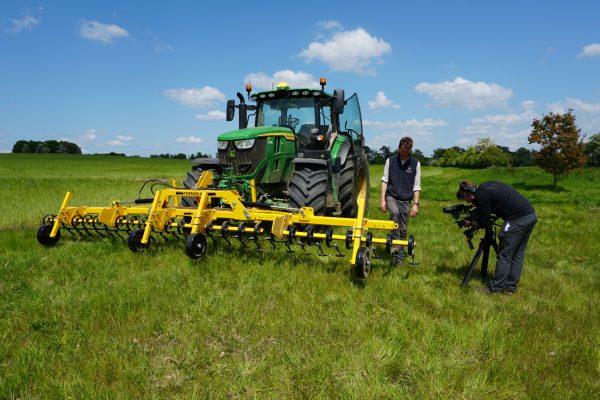Black-grass: the potential of non-chemical control
Resource explained
The high levels of control that are needed to prevent black-grass increasing in winter wheat grown in non-inversion tillage systems means that farmers need to consider more non-chemical weed control methods.
This technical information leaflet, produced by Rothamsted Research, summarises the level of control that can be achieved from using various methods when growing winter cereals, based on a review of over 50 field experiments. It describes different farming practices that can be deployed as non-chemical control methods and the principles for each of them that determine their effectiveness in controlling black-grass, including some management guidance.
Practices include: rotations, ploughing, shallow non-inversion tillage, delayed autumn drilling, competitive crops, spring cropping, fallowing / grass-ley breaks, and preventing seed return and spread of resistant seeds. The key messages of Integrated Weed Management are also outlined.
Findings & recommendations
- Resistance to chemicals is widespread and control is unreliable. No new herbicides are likely to become available in the immediate future, some may be withdrawn, and the EU Sustainable use of Pesticides Directive (2009/128/EC) requires farmers to prioritise non-chemical methods of plant protection.
- The prevalence of autumn sown crops in the UK is the main reason why black-grass is an increasing problem; about 80% of black-grass emergence occurs in autumn.
- Balanced rotations can help you control grass-weeds, reduce the impact of pest and diseases and improve soil fertility.
- The benefits of rotational ploughing depend on achieving a good level of soil inversion.
- If using non-inversion tillage, you need to plan your cultivation strategy at an individual field level to maximise control of black-grass.
- Higher seed rates of winter cereals, more competitive crops or varieties, narrow row spacings, improved drainage and good seedbeds will all help suppress weeds.
- Fallowing and grass ley breaks have a valuable role to play in weed control in arable systems; fallowing is increasingly considered as a means of reducing severe black-grass infestations.
N.B. This resource contains information that is not compatible with organic standards and includes references to use of the weed killer glyphosate and other herbicides. However, the information about the effectiveness of non-chemical control methods is potentially useful for any farmer with a black-grass problem.
